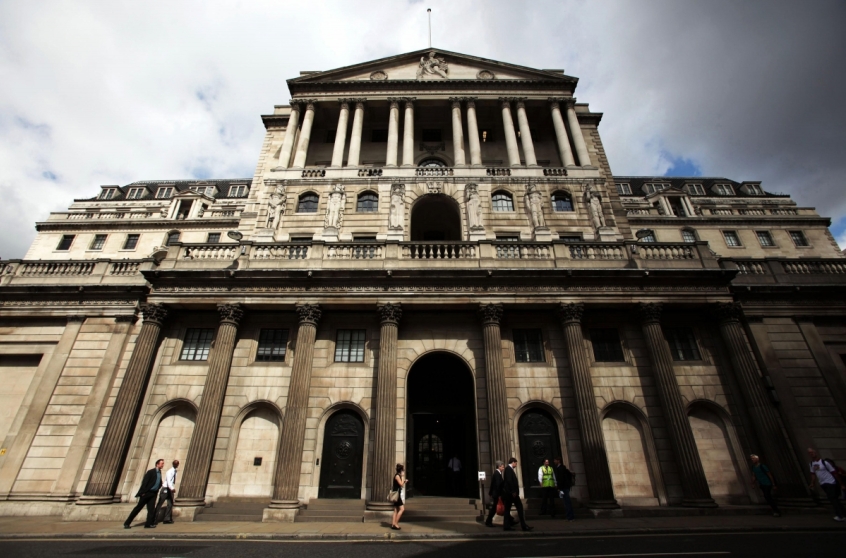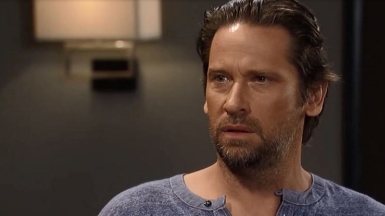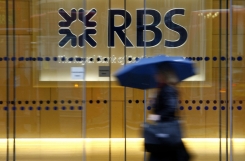
'Capitalism With A Human Face' was the title of a well-known book written by Sir Samuel Brittan, a leading economic commentator, shortly before the year 2000.
Sadly, the financial calamities of the first decade of the 21st century have revealed that – sometimes at least – capitalism has a very far from human face. Indeed, more than occasionally it has seemed to have the countenance of a monster.
But now, under the leadership of the Archbishop of Canterbury, it looks as though the Church of England is attempting to give capitalism the opportunity to develop a new appearance – even a Christ-like face.
The start of this month has seen the news that Justin Welby is hoping to draw up a ten-year action plan with the aim of forcing payday lenders such as Wonga out of business.
This follows previous news that the Archbishop had told Wonga's chief executive the Church of England was "not in the business of trying to legislate you out of existence" – but "trying to compete you out of existence".
Then there has also been the announcement in recent days that the Anglican Church is getting involved in setting up a new "ethical" bank to be created from 314 branches being sold off by the Royal Bank of Scotland.
The new bank will be a 'challenger' to the existing big four names on Britain's high street, with a particular focus on small business banking. A Church of England spokesman declared it would operate "to the highest ethical standards".

But is it possible for the representatives of God and Mammon to work together so closely? After all, doesn't the Bible say something about money being the root of all evil?
Well, to take the last question first, the answer is – no, it doesn't. What the New Testament actually says is not that money per se is the root of all evil – but that the love of money is. And that's an entirely different matter. It's certainly true, as the wisdom writing of Ecclesiastes puts it, that "whoever loves money never has enough". It's also true that Jesus warns very bluntly, "You cannot serve both God and Mammon." Money can easily take the place of God in people's lives – and often does.
But money itself is not evil – it's just a convenient way of trading goods and services. It's far simpler – obviously – to pay by cash or card when we buy a house, say, than to have to offer a thousand sheep or goats, for example. So if money itself is not a problem, but can easily degenerate into being one through human sin, it follows that a Christian approach to economics will want to explore the possibility of financial systems being redeemed under the rule of Christ – and of money being used properly rather than improperly.
This, it seems, is what the Archbishop is aiming to do. If banks in an increasingly secular Britain have lost their moral compass, he's effectively saying, then let's redeem the idea with a properly ethical bank. If payday lenders such as Wonga have driven tens of thousands into financial misery and despair, then let us, as Justin Welby proposes, serve their needs in a Kingdom way – by making church buildings available to credit unions and recruiting financially-astute Christians to staff them.
British coins and banknotes bear a physical portrait of the Queen. Perhaps, through ethical schemes such as the ones which the Church of England is proposing, they can also begin more and more to reflect the spiritual image of the King of Kings as well.














